In which Refaat Alareer is dying as an old man & Henry Kissinger has died young

In the parallel world in which gesture is followed /
by recompense
Many Speak for Palestine
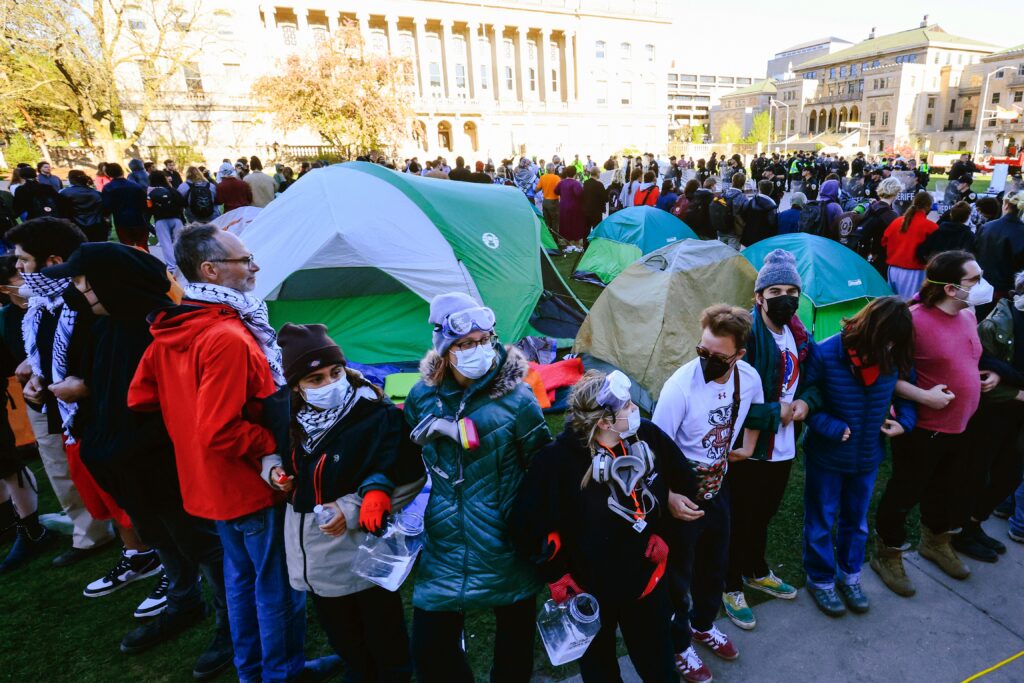
The solidarity movement doesn’t have a single leader—and it doesn’t need one.
Letter to Columbia President Minouche Shafik

You are keeping no one safe, except for your donors, trustees, and the university’s endowment.
Two Poems

I wanted time / to come to me
The Real Scandal of Campus Protest

It’s not that there has been too much student protest. It’s that there has not been much, much more of it.
South Africa’s Enduring Unfreedom

An interview with S’bu Zikode, leader of the shack dwellers’ movement, thirty years after apartheid’s end.
Psychic Numbing

For Robert Jay Lifton, treating veterans’ trauma was an antiwar tool. How did PTSD, the diagnosis he helped create, come to accommodate state violence?
The Bonfire of the Words
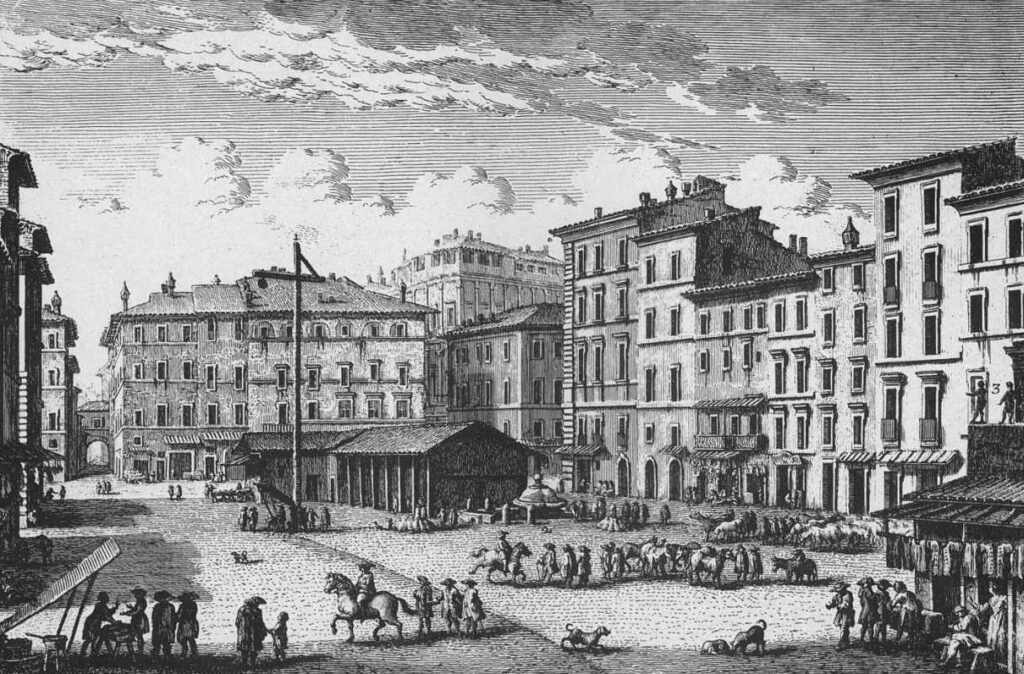
“If ideas are discarded when no longer modish, could we not do the same with unfashionable words?”
Labor and the Bibi-Modi “Bromance”

India’s recruitment drives to send workers to Israel resemble British indenture.
The Summers of Theory

How it rose, fell, and may rise again.
I Pass Women Sewing at their Singers and a Blind Albino Child

I once wrote letters to a prisoner at Guantánamo. The letters always came back / opened.
What’s Next for Music Criticism?

Pitchfork is dead, but good reviewing doesn’t have to die with it.
Who’s Afraid of Frantz Fanon?
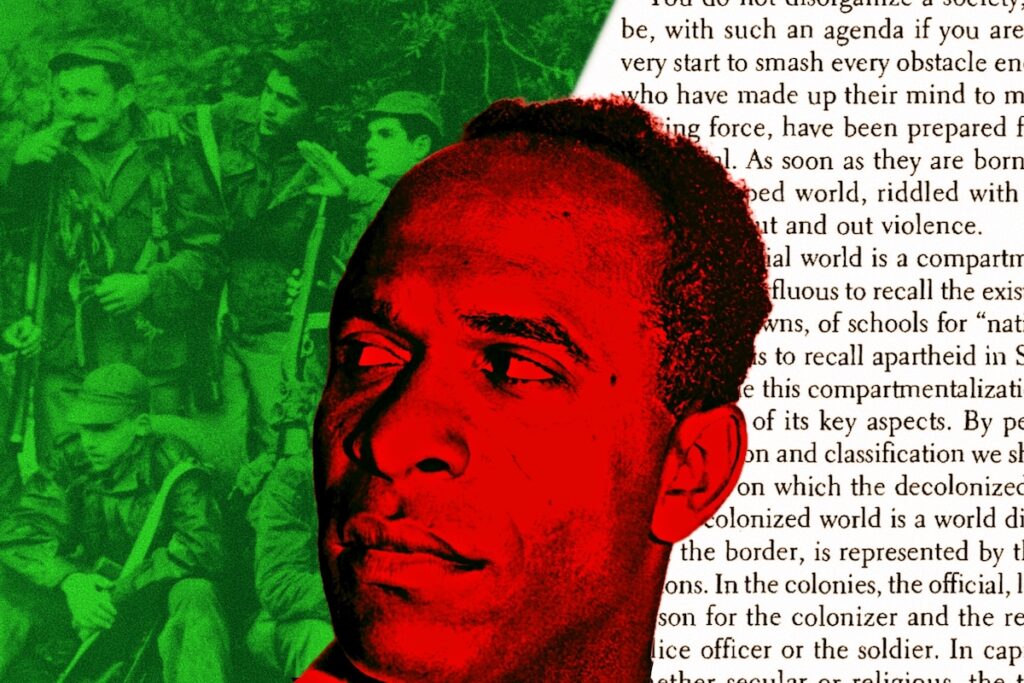
Long decried by liberals and conservatives alike, the Martinican psychiatrist remains one of the most piercing critics of colonialism.
A Crack in Putin’s Armor
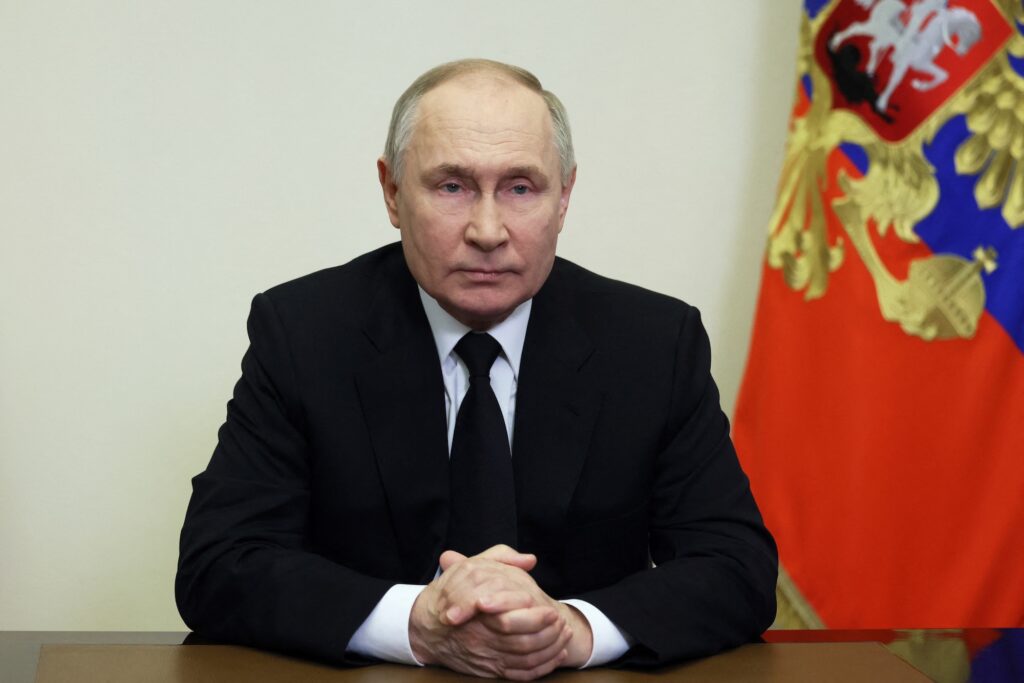
What the concert hall attack means for the Russian leader’s future.
Two Photographs

The first capturing your gaze into nowhere
the other when you covered your face with your hands
so you were not anonymous, only unseen
The Ghost of Gabriel García Márquez

On the Nobel Prize–winning writer’s posthumously published novel, Until August.
What Does It Take to Keep a Movement Going?

Astra Taylor and Leah Hunt-Hendrix discuss their new book, Solidarity: The Past, Present, And Future of a World-Changing Idea.
Three Poems
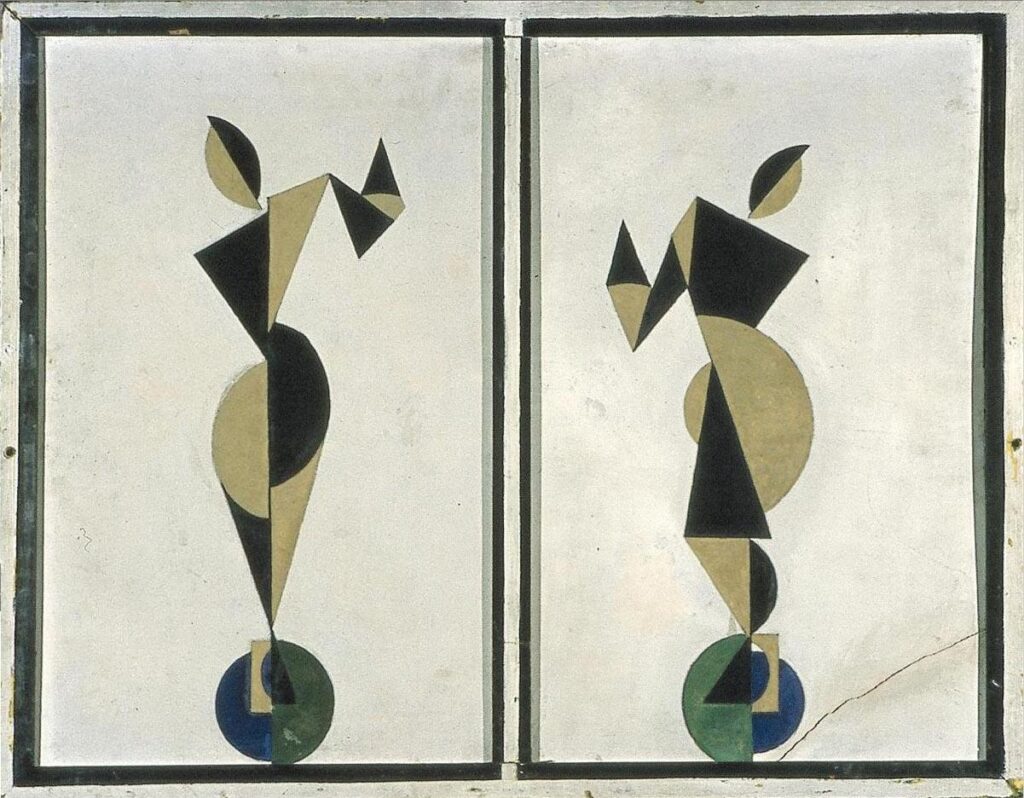
a sunset makes a sound doesn’t it
I learned too late
The Judicial War on Government
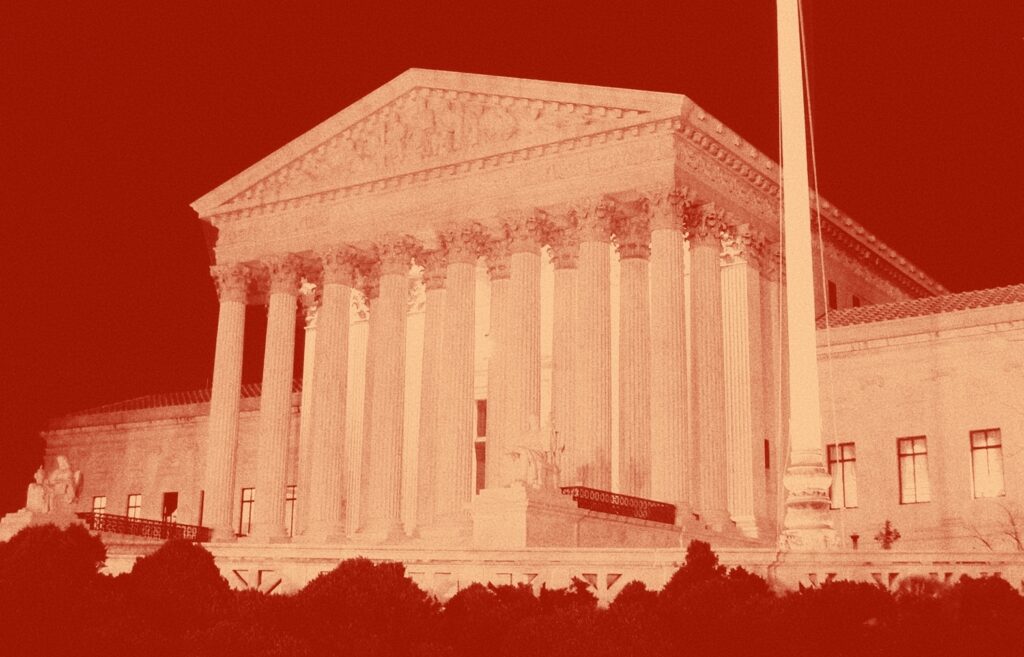
The Supreme Court’s latest bid to control agencies like the EPA—and Congress itself.
We Are Not from Where We Are From
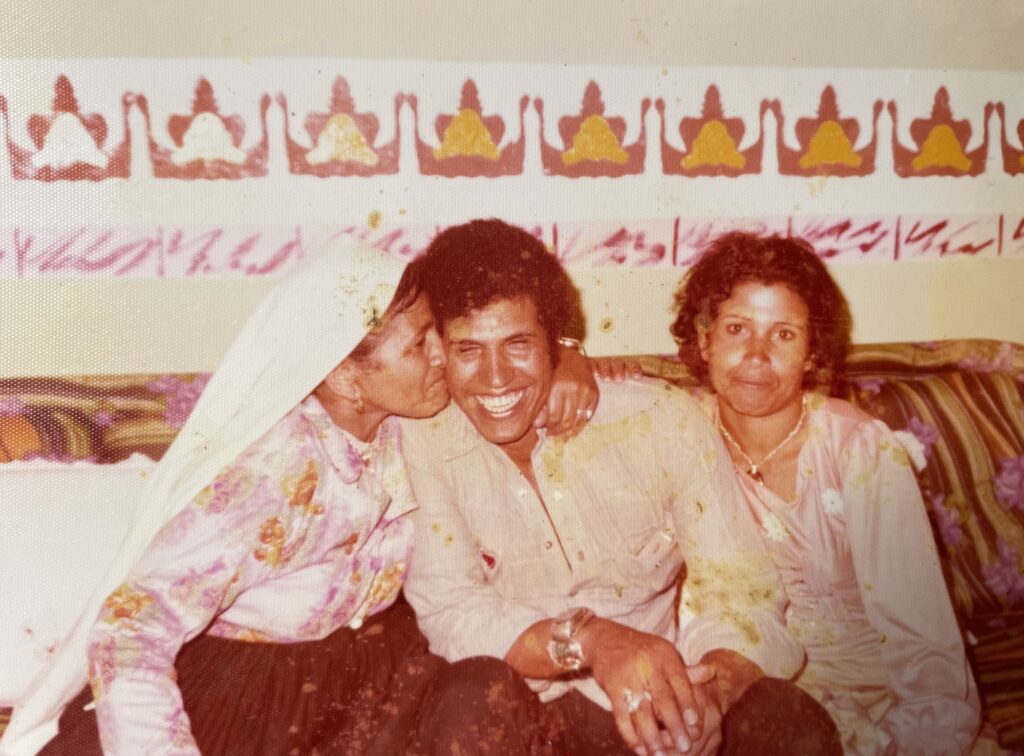
A Palestinian catalog of ruin and resilience.
Naming the Unnamed War
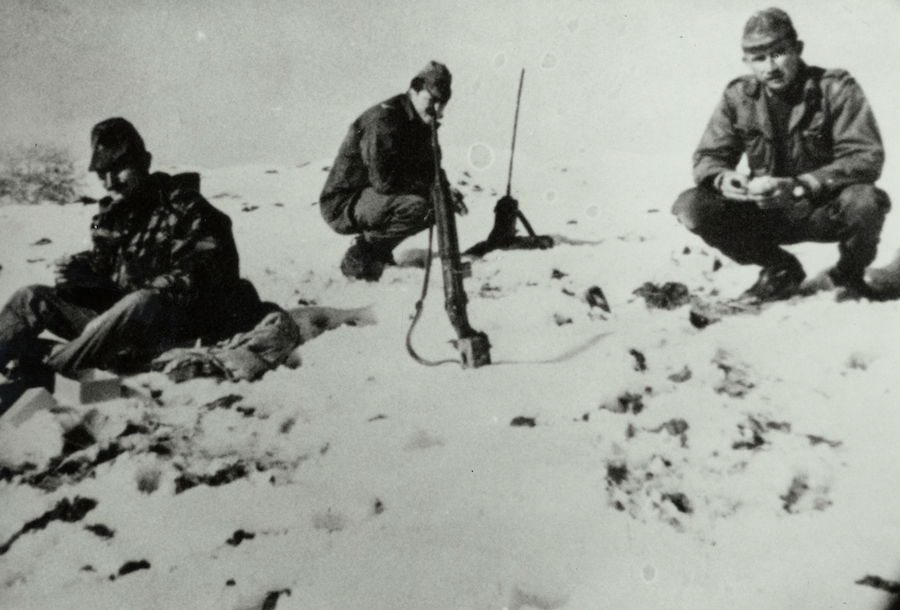
Bertrand Tavernier’s daring documentary about the Algerian revolution sought to break the silence in France.
Inside the Legal Fight for Trans Rights
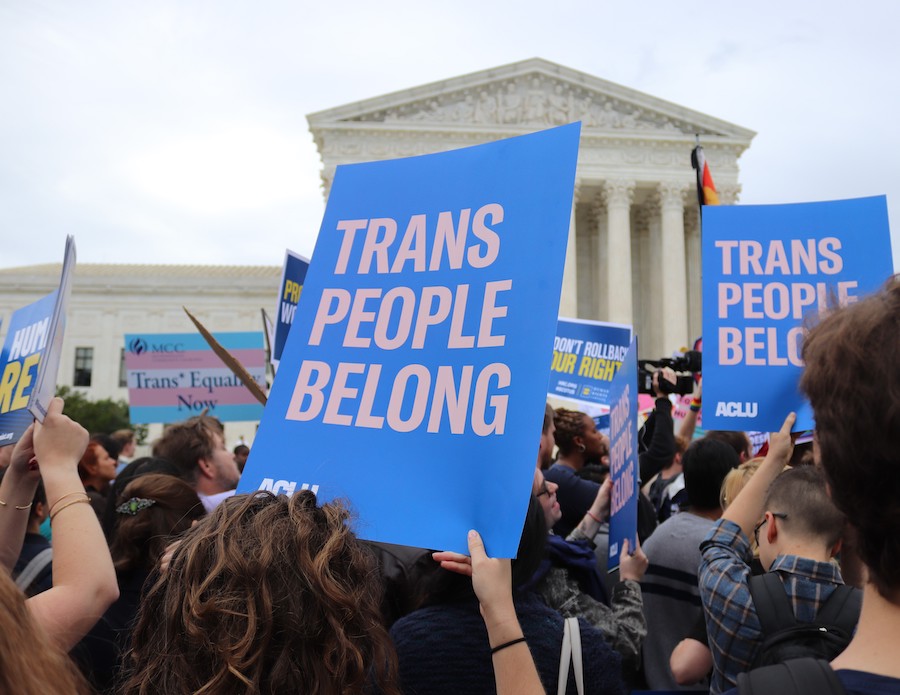
Two prominent litigators discuss decades of progress, the backlash today, and the road ahead.
A Menacing Silence
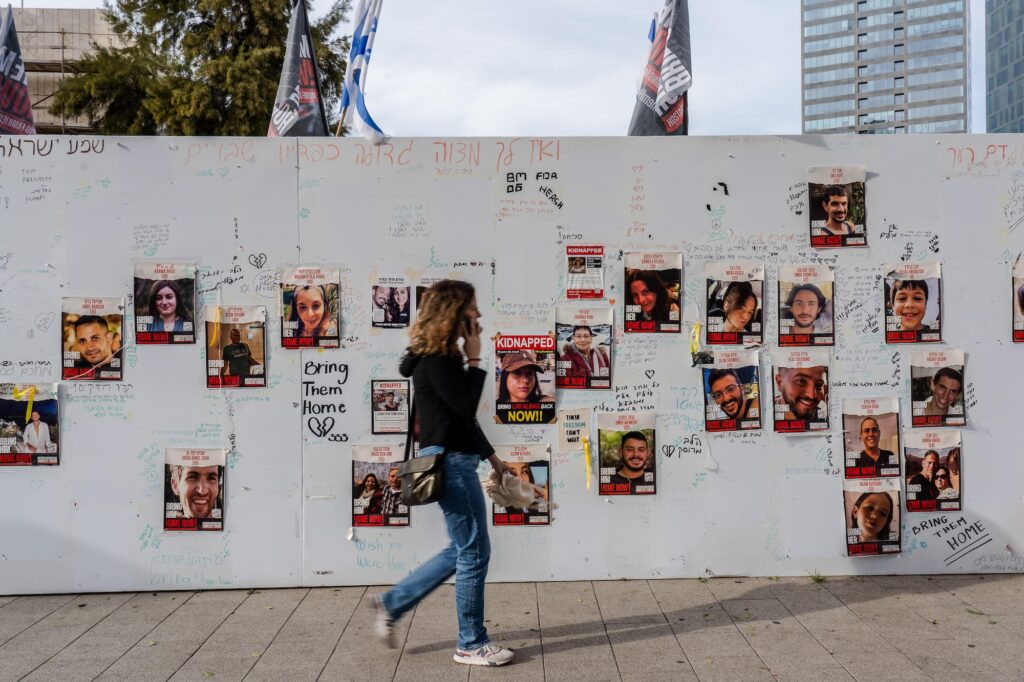
Why is the reality of Palestinian suffering denied in the Israeli consciousness?
In the Hot Archive

On Lakdhas Wikkramasinha’s vanished histories.